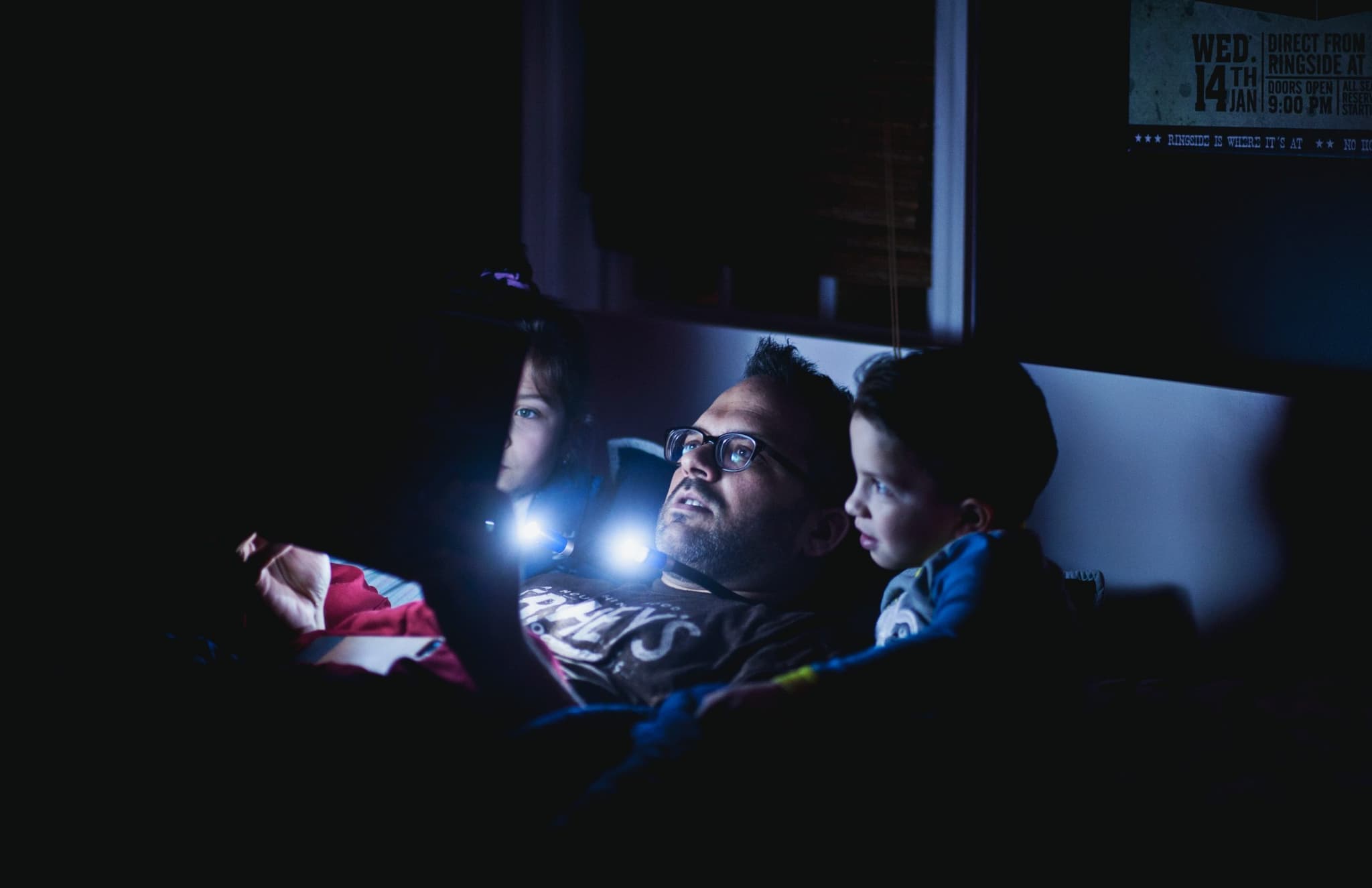Understanding Children
Children low on literacy and communication skills because there’s no more bedtime stories

Freya Lucas
Apr 01, 2022
Save
Fewer Australian parents are reading to their children at bedtime, and literacy and communication skills in children are suffering as a result, new research commissioned by Oxford Children’s Language Australia has revealed.
For those children who are missing out on bedtime stories, early childhood education and care (ECEC) professionals can play an important role in bridging the gap, providing children with rich and meaningful literacy experiences.The research showed that 25 per cent of Australian parents are only reading to their children once a week, and sometimes not at all, causing some children to miss out on bedtime stories - something which has been an important evening tradition in many families for decades.
Time and adult literacy capabilities were the two main barriers cited by respondents. 69 per cent of parents said they wished they had more time to spend reading with their child, while one in two parents said reading at bedtime made them feel nervous because of their own reading abilities.
Lee Walker, Director of Publishing at Oxford University Press said the results were confronting, expressing concern that children are missing out on developing vital literacy and communication skills which could impact their academic success in later life.
“I was concerned to see that as many as a quarter of children in Australia aren’t regularly enjoying the gift of a bedtime story. It’s not just the advancement of literacy and communication skills that bedtime reading provides to children, it also provides a special moment at the end of each day where parents and children can bond,” Ms Walker said.
In a promising take, the research revealed that despite the barriers, parents are well aware of the impact and importance of bedtime stories, with three in four saying they believe that reading to their children helps with bonding and connection.
The researchers also found that parents understand that bedtime stories help improve literacy and foster a love of reading, and that reading to children helps them to develop their communication skills.
For the parents, nostalgia plays a role in their choice of reading material, with 71 per cent choosing to read books to their children that they enjoyed themselves as a child.
Parents are also using books to tackle tricky topics, with more than 70 per cent saying they choose reading material which helps open discussion on social justice issues.
“It’s great to see that children’s books are being used as an effective tool by many parents to discuss sensitive topics with their children,” Ms Walker said.
“Reading books to your children that reflect important attitudes about diversity including gender, race, sexual orientation or disability, help to influence the way they see the world and the beliefs and attitudes they’ll carry with them into adulthood.”
A list of 10 tips from expert literacy educator Annie Facchinetti appears at the end of this article, which services may find useful to share with families. For more information about the importance and value of reading in the early years please see here.
Top 10 Reading at Home Tips by expert literacy educator Annie Facchinetti:
- Find books you both enjoy - If you’ve read a book that you both love, read it again! Running short of time? Let your child choose the book they want you to read.
- You can find things to read everywhere, not just in bookshops - Try local libraries, op shops or markets. Friends and family are often keen to share their books too!
- Don’t think books are the only thing to read ... you can read anything together, including the shopping list, road signs when you’re in the car, and posters in shop windows. Or explore some audiobooks or podcasts at home or on the go.
- Set aside a regular reading time that works with your life - Make it a habit that you both look forward to and finish every day with a story before bed.
- Enlist the help of brothers and sisters - If your day gets too busy, siblings might like to read together! Ask them to tell you all about what they have read.
- Ensure you’re pitch perfect - Before reading, practice reading the book, so you know the story line and the expression required. Find any tricky words that you might need to explain to your child.
- Remember to read slowly - Take your time and make it interesting to listen to. Encourage your child to join in too.
- Judge a book by its cover - Look at the cover of the book together and have your child guess what it is going to be about. What is the book called? What can you see in the pictures? Talk about the book as you read.
- Discuss the stories together - When you’ve finished the book (or a page or a chapter or whatever you are reading), talk about it together... who were your favourite characters, what happened, what was the ending like? This talk can happen while you’re doing other things, such as getting dinner ready, or driving to footy practice.
Reading together can happen anywhere - The living room floor, the back veranda, or the kitchen table all make great reading spots. Take photos and make a book together of the funniest or strangest places you can find for reading time.
Don’t miss a thing
Related Articles



















